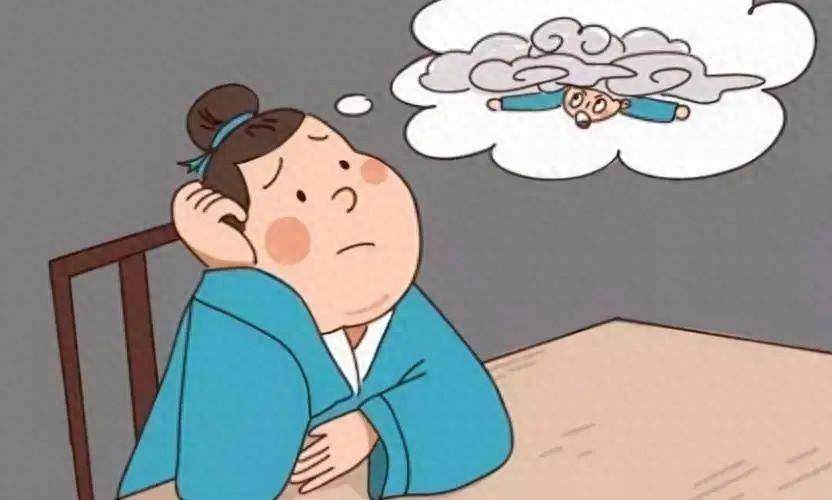The People’s Daily once emphasized that everyone should understand depression. But in fact, this is difficult to achieve; what more people want to know is, why is the recovery process for depression patients so challenging?
Teacher Kou tells everyone: If you want to keep depression at bay, you must avoid these four characters!
Having been in practice for over 40 years as a traditional Chinese medicine psychiatrist, I have found that the vast majority of depression patients have a “disease-causing mindset”: anticipatory anxiety.
Before things have even begun to happen, they have already thought of the worst outcomes. They believe every whisper of wind might spell trouble, and they are extremely fearful of the unknown, often resulting in sleepless nights and loss of appetite. Whenever I encounter such situations, I remember a story:
It is said that in the Kingdom of Qi, there was a man who from the moment he woke up in the morning until he went to bed at night, only thought about one thing: worrying whether the sky would fall or the ground would crack. He was terrified just thinking about the scenario of the sky collapsing.
His friend, upon learning of this, advised him: “The sky is just a gas we can see; you are living right in the middle of it, so there is really no need to worry about it falling!” But he thought about it and became even more scared: “If the sky is gas, how can it hold the sun, moon, and stars? Wouldn’t everything up there just fall down?”
Seeing that he was even more frightened, the friend continued to persuade him: “The sun, moon, and stars are merely luminous gas clusters; even if they fell, it wouldn’t be a big deal.” The Qi man kept asking, “What if the ground cracks? What should we do then?” The friend reassured him, “The earth is so vast. You walk on it every day, and nothing has happened before, right?”
After listening to this, the Qi man finally felt relieved.
This story comes from “Liezi” and is the tale of “the Qi man worrying about the sky.”
When I heard this story as a child, many people laughed at the absurdity and impracticality of the Qi man’s concerns. But as we grew up, we forgot this story; when thinking about the future, many people have also become “Qi people,” worrying and feeling anxious about things that have not even happened.
Famous comedian Yu Qian once said:
“If you are anxious about bad things that haven’t even happened yet, it’s like encountering the same bad experience twice. If the situation has passed and you still can’t move on, it’s like experiencing it three times. If you worry ahead of time today and tomorrow what happens is something good, then you essentially kill today’s self. If you’re tired, just invite a friend for hotpot; no problem can’t be solved by a hotpot!”
Not long ago, I treated a 16-year-old female depression patient, a girl who had a habit of losing things since she was little, from keys to wallets, she had lost them countless times. This led to her often being scolded by her parents, and she grew up in an endless loop of “losing things and being scolded,” suffering from severe anxiety and depression.
Later, the girl thought of a method, believing that she hadn’t remembered the consequences of losing things, so whenever she was holding something, she would think, “What kind of scolding will I get if I lose this? I must not lose it!” However, the more she feared losing something, the more it happened; not only did the girl not alleviate her anxiety, but she also often experienced panic attacks, completely sinking into depressive emotions.
I told the girl, “This is indeed not a good method; you are forcing yourself. When we encounter issues, we should face them, not avoid them. Wanting to eliminate your anxiety just leads you deeper into depression. The essence of anxiety is imposing certainty on an uncertain future, and this is clearly complicating things for yourself.”
During the treatment process, I gradually helped the girl break free from this “catastrophic thinking.” Slowly, she understood that thinking through fearful scenarios and bad outcomes in advance not only didn’t solve the problem but also exacerbated her anxiety, leading her into countless cycles of suffering.


